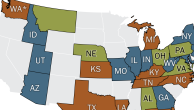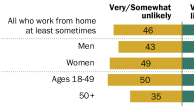
Columbus Day, Indigenous Peoples Day or just a regular Monday? It depends on where you are
30 states and three U.S. territories recognize Columbus Day in some form, but only 20 states and two territories make Columbus Day a paid holiday for state workers.








